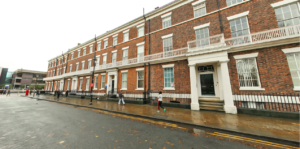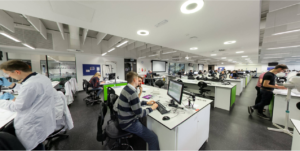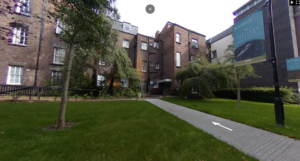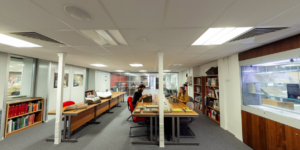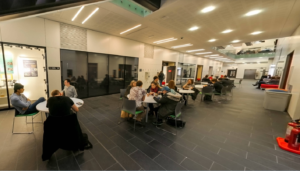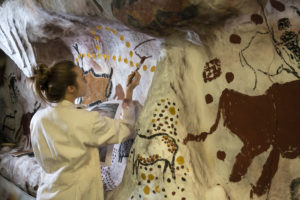How you'll learn
Teaching takes place on campus, augmented with online support materials. Classes comprise a mixture of staff-led presentations, student-led seminars, language / text-reading classes, and one-on-one dissertation supervision. Formative group work is a built-in part of the design of some modules.
Class sizes vary by module: language classes may have five students, culture classes a dozen, while the departmental masters skills module may have over two dozen.
Students are expected to undertake 600 hours of work total per semester (including contact time, library research, private study and writing assignments). Contact hours per semester vary depending on module combination, but students availing themselves of the opportunity to access classes might easily take 8 or more sessions per week of teaching.
How you're assessed
Students are assessed through coursework in a variety of formats: for those who choose to take language, this would comprise translation exercises for beginners, with palaeographical exercises and tailored individual language projects for intermediate and advanced language students.
Culture modules’ assessments usually focus on examining prominent research themes and debates within Egyptology.
The dissertation is studied over the course of the whole MA, supervised by an Egyptological staff member, and it is submitted in the September following the start of the course (i.e. 12 months later).
Liverpool Hallmarks
We have a distinctive approach to education, the Liverpool Curriculum Framework, which focuses on research-connected teaching, active learning, and authentic assessment to ensure our students graduate as digitally fluent and confident global citizens.
The Liverpool Curriculum framework sets out our distinctive approach to education. Our teaching staff support our students to develop academic knowledge, skills, and understanding alongside our graduate attributes:
- Digital fluency
- Confidence
- Global citizenship
Our curriculum is characterised by the three Liverpool Hallmarks:
- Research-connected teaching
- Active learning
- Authentic assessment
All this is underpinned by our core value of inclusivity and commitment to providing a curriculum that is accessible to all students.
